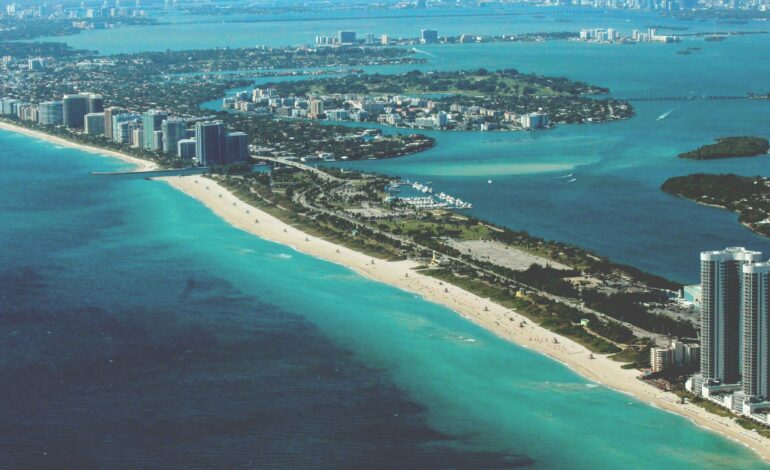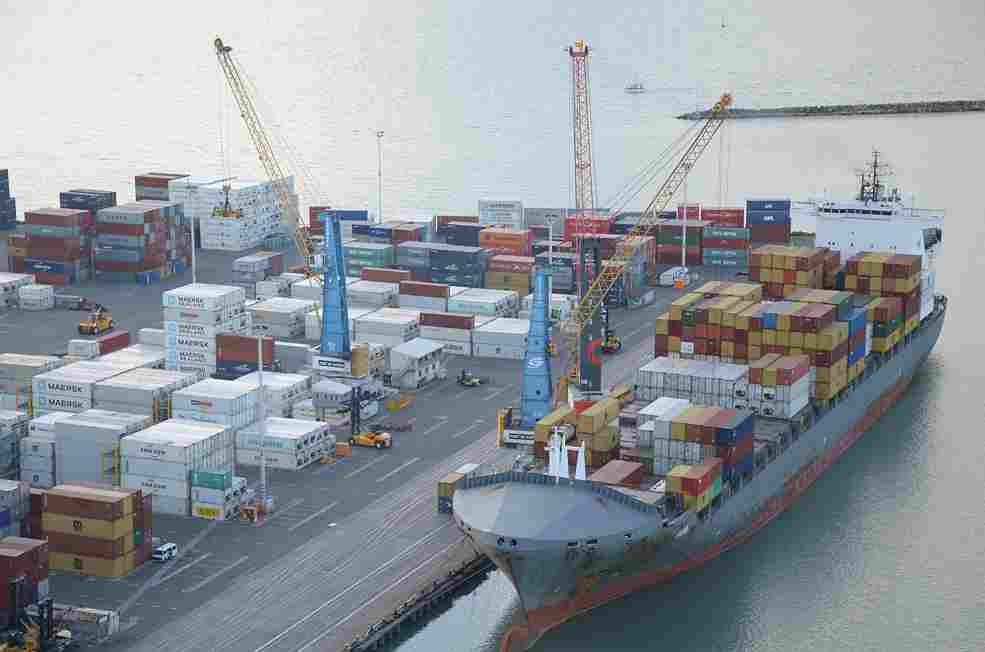
The Role of Coastal States in Bunker Fuel Regulation
In the realm of maritime transport, coastal states wield significant influence over the regulation of bunker fuel—a vital energy source for international shipping. This article explores the pivotal role coastal states play in shaping bunker fuel regulations, their impact on global shipping practices, environmental considerations, and the evolving landscape of international maritime law.
Regulatory Authority and Responsibilities
Coastal states have inherent jurisdiction over their territorial waters and ports, granting them authority to enforce regulations on vessels within these zones. Key responsibilities include:
- Environmental Protection: Implementing measures to control air and water pollution caused by bunker fuel emissions, aligning with international conventions such as MARPOL Annex VI.
- Safety and Security: Ensuring safe navigation and operational practices within coastal waters, including regulating vessel traffic and emergency response protocols.
- Port State Control: Conducting inspections to verify compliance with international standards on fuel quality, emissions, and safety.
Impact on Global Shipping Practices
Regulations imposed by coastal states have far-reaching implications for global shipping operations:
- Compliance Requirements: Vessels must adhere to stringent fuel quality standards and emissions limits while navigating through or visiting ports under coastal state jurisdiction.
- Operational Costs: Compliance with varying regulatory regimes may entail additional costs for shipping companies, influencing route planning and fuel procurement decisions.
- Market Access: Adherence to coastal state regulations is often a prerequisite for accessing ports and engaging in international trade, shaping shipping routes and logistics strategies.
Environmental Considerations
Coastal states are at the forefront of efforts to mitigate environmental impacts associated with bunker fuel use:
- Emission Control Areas (ECAs): Designation of ECAs under MARPOL Annex VI restricts sulfur emissions, promoting the use of low-sulfur fuels or emissions abatement technologies.
- Marine Protected Areas (MPAs): Implementation of measures to safeguard sensitive marine ecosystems from pollution and habitat degradation caused by shipping activities.
- Promotion of Clean Technologies: Encouraging the adoption of alternative fuels, shore power facilities, and emission reduction technologies to minimize environmental footprint.
Evolving Legal Frameworks and International Cooperation
The regulation of bunker fuel involves complex legal frameworks and international cooperation among coastal states:
- International Conventions: Participation in agreements such as MARPOL and UNCLOS establishes common standards and protocols for maritime environmental protection and safety.
- Bilateral and Multilateral Agreements: Collaboration among neighboring states and international organizations to harmonize regulatory approaches and facilitate mutual recognition of compliance.
- Capacity Building: Supporting developing coastal states in enhancing regulatory capacity, implementing effective enforcement mechanisms, and promoting sustainable shipping practices.
Future Directions and Challenges
Looking ahead, coastal states are poised to play a pivotal role in shaping the future of bunker fuel regulation:
- Technology Integration: Embracing digitalization and smart shipping initiatives to enhance monitoring, enforcement, and compliance verification processes.
- Climate Change Mitigation: Contributing to global efforts to reduce greenhouse gas emissions from maritime transport through innovative regulatory measures and incentives.
- Adaptation to Emerging Challenges: Addressing evolving threats such as invasive species, cyber risks, and emerging pollutants to safeguard marine ecosystems and shipping operations.
Conclusion
Coastal states occupy a central position in the regulation of bunker fuel, balancing environmental stewardship, maritime safety, and economic considerations. By implementing robust regulatory frameworks, fostering international cooperation, and embracing technological innovation, coastal states can lead the transition towards cleaner and more sustainable maritime transport. As global shipping continues to evolve, collaboration among stakeholders—including governments, industry, and environmental groups—is crucial for achieving a harmonized and resilient regulatory environment that supports a thriving global maritime economy while safeguarding marine ecosystems for future generations.





